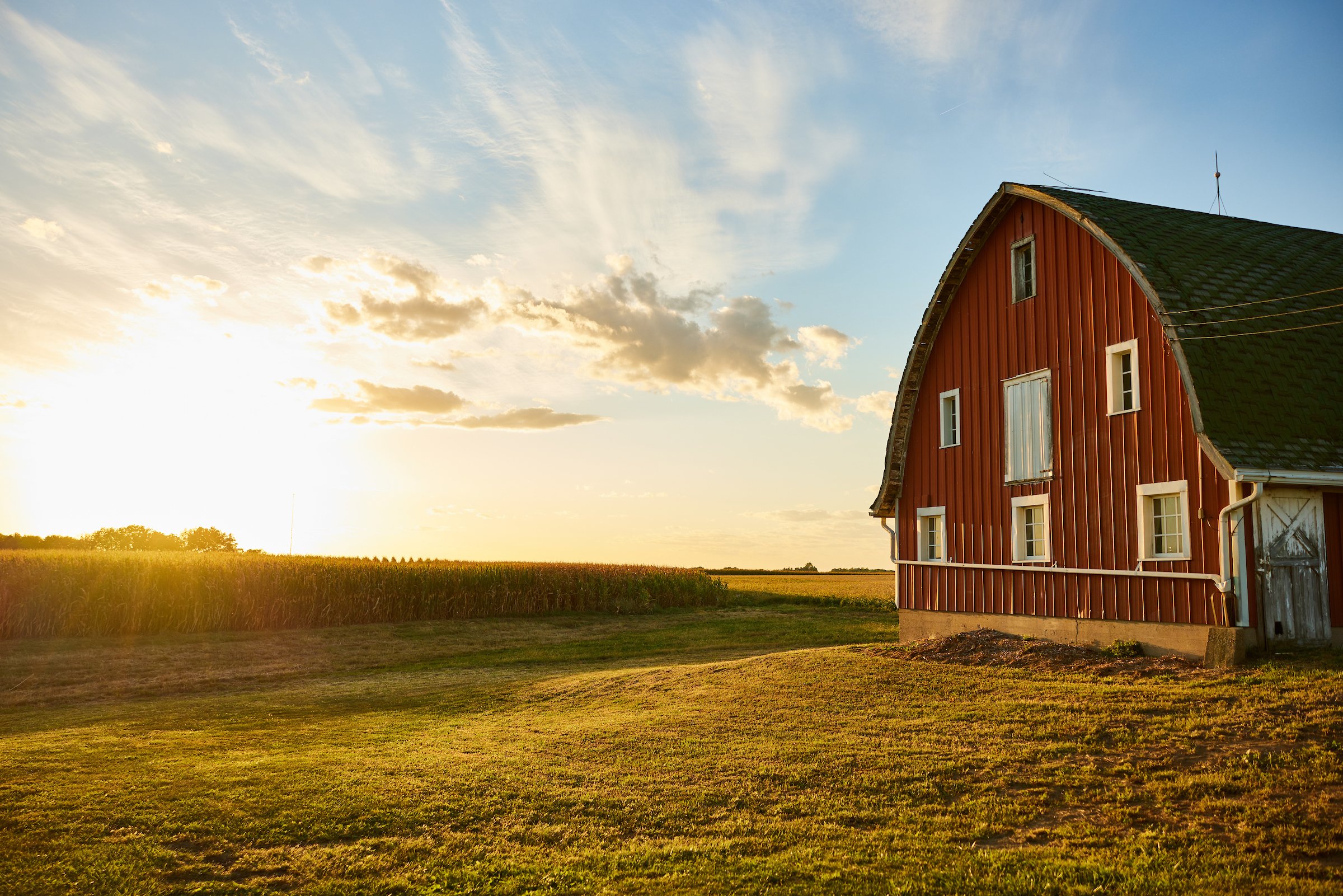
Field Notes

A New Chapter
After much thought this winter season, Down River Farm will be taking a hiatus for the 2023 season. I write this mainly for the people who have invested themselves in this business as support systems, employees, or customers who all deserve a comprehensive, transparent explanation as they are equally to credit for shaping this farm into what it has become.

5 Years in the Books
Thank You, Thank You, Thank You. Wow, everyone. I can’t begin to thank you all enough for the support you’ve given us this season. Our sales continue to grow every year we’ve been in operation considering we’ve been limited to the same 1.3 acres of production for our five years in operation! Yes, that’s right, since Year 1, our revenue has grown 5X. That’s a 400% increase with NO ADDED LAND and crazier yet, NO RELIABLE WATER SOURCE (our well runs dry in the summer and we have to truck in water for all of our water needs). The conventional attitude in farming is that the only way to make more money is to expand onto more land.

We love this land, but…
…we are growing (no pun intended) and in need of a property to purchase!
While this place has been a beautiful starting point and we’ve made a ton of wonderful friends and beautiful memories, we are still renting and are looking to buy. We are in it for the long haul.
If you know of any options within 45 minutes of Peoria, please let us know!

Growing Food with Integrity: The Key to Nourishing the Body, the Environment, and the Community
Recent studies suggest that the quality of soil in terms of quantity and variety of soil microbes affects the microbiome of the gut that is consuming them.
This means the healthier the soil is, the healthier the veggie is, and the more nutrients the consumer receives.
Every vegetable you buy from our farm will have been harvested within the past 24-48 hours. This is part of the effort to get the freshest produce to you so that you can get the full flavor and therefore the most amount of nutrients. We also carefully select seeds for flavorful varietals and ones that will thrive within our particular climate.

Mutual Aid with Peoria Grown: Increasing Access to Nutrient-Dense Vegetables in Peoria
There are many areas of Peoria that don't have access to grocery stores within a reasonable range, leaving them with poor, unhealthy options for food. Many people don't have the ability or the desire to go to a farmers market.
This year, we are partnering up with Peoria Grown to improve access to farm fresh vegetables in Peoria. We support Peoria Grown because they're bringing healthy foods into these areas themselves through their Market 309 program.
This allows access to healthy/affordable options in the most underserved neighborhoods.

Mother’s Day Sale and Spring Open House Down on the Farm
After a two-year break, we are opening the farm once again for visitors on Mother's Day Weekend! The farm has changed quite a bit since then and we're hoping you can come and check it out.
We will have some spring vegetables available for sale as well as plant starts. Our options will be a bit limited due to the cool, cloudy spring, but the crops we have are absolutely delicious.
There will also be several beautiful options from local artists and vendors for you to enjoy and perhaps treat your favorite mothers on their special day!

Better Earth: The Soul of the Soil
Many of our techniques on the farm come from the French market gardeners who were able to feed ALL of Paris back in the mid 19th century into the early 20th century. These market gardeners would grow on small amounts of land similar to ours. They grew very intensively and were able to do so because of their management practices.
When ready to sell, they'd harvest and load their produce into a wagon and bring it into the city. Then they'd load up their wagons with horse manure from the city and bring it back to the farm to spread on their fields (or to further compost it, then spread it).
This is how rural and urban communities can and should work together.
